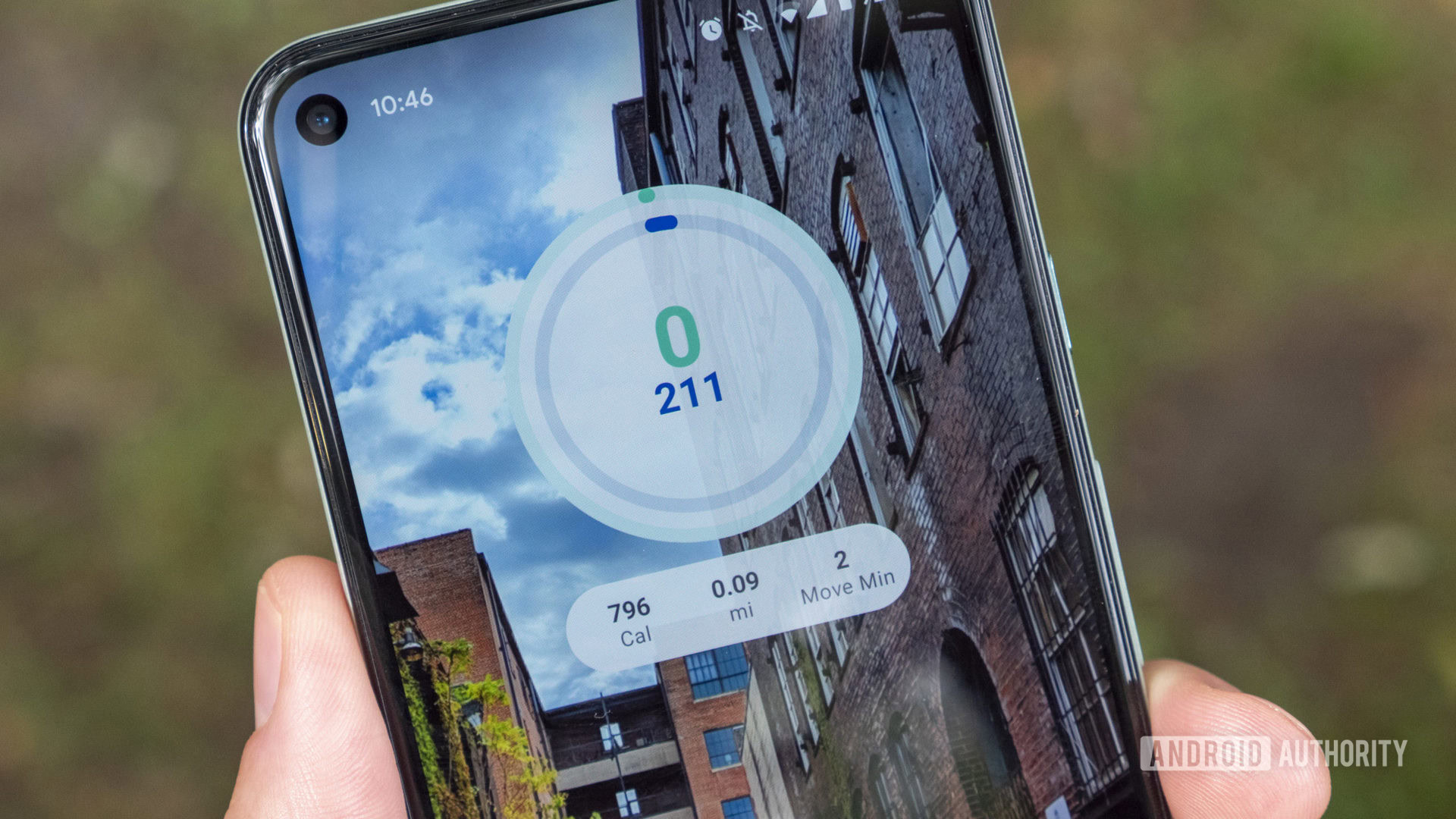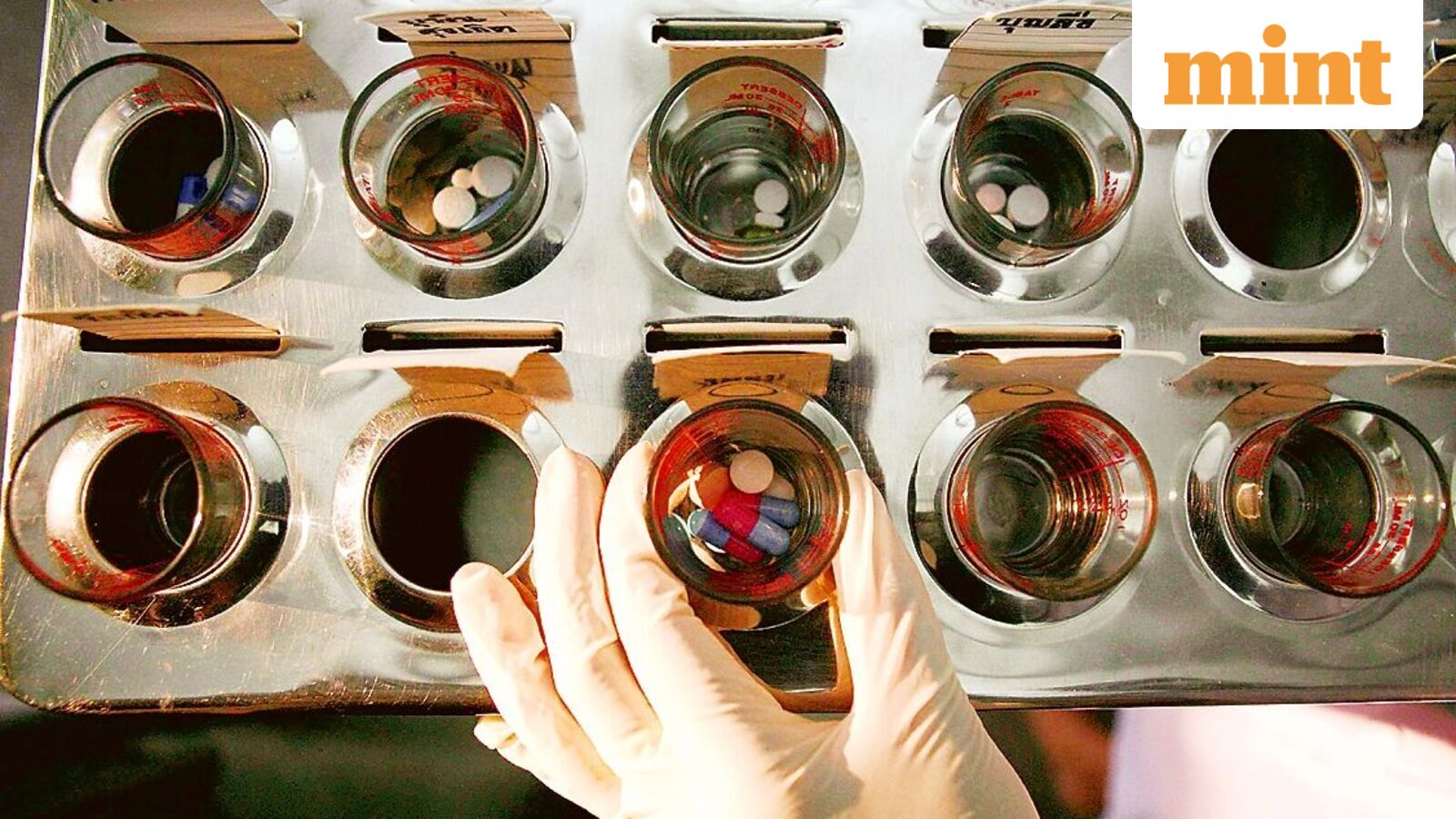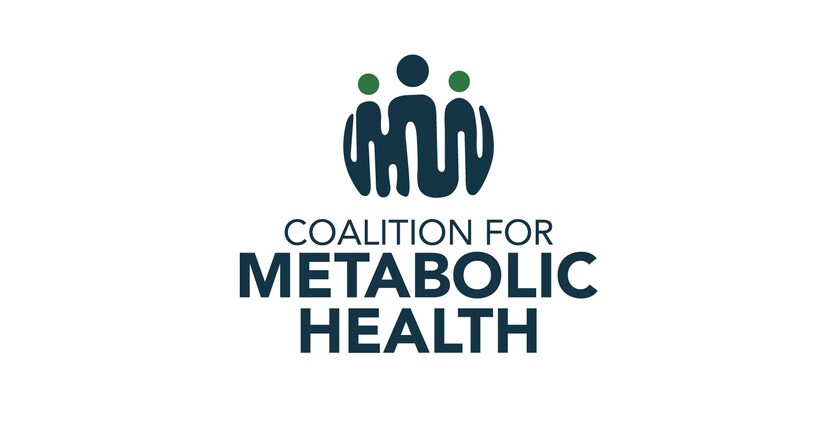Summary
Antidepressants can inflict serious damage on the gut, potentially raising the risk of cancer, according to a study.
However, the researchers also discovered that this damage can be reversed by taking a daily prebiotic supplement.
Nearly nine million people in the UK take antidepressants, which bo…
Source: Daily Mail

AI News Q&A (Free Content)
Q1: What is the relationship between gut microbiota and depressive disorders?
A1: Recent research highlights the significant role of gut microbiota in regulating depressive disorders. The gut-brain axis, particularly through the tryptophan metabolic pathway, influences depression. Microorganisms in the gut modulate tryptophan metabolism, and excessive activation of the kynurenine pathway results in neuroinflammatory and neurotoxic metabolites, exacerbating depression. Probiotics and certain traditional medicines can remodel gut microbiota, restore tryptophan balance, and alleviate neuroinflammation, offering potential therapeutic strategies for depression.
Q2: How do antidepressants affect gut health and what potential risks do they pose?
A2: Antidepressants can negatively impact gut health by altering gut microbiota and potentially increasing cancer risk. This is due to gut microbiota's role in modulating inflammation and metabolite production, which can be disrupted by antidepressants. The damage to gut microbiota can lead to increased neuroinflammation and other health complications.
Q3: What is the role of prebiotic supplements in reversing gut damage caused by antidepressants?
A3: Prebiotic supplements are shown to help reverse gut damage caused by antidepressants by promoting the growth of beneficial gut bacteria. They restore the balance of gut microbiota, which can mitigate the adverse effects of antidepressants, such as inflammation and neurotoxicity, thereby potentially reducing associated health risks.
Q4: What are the implications of gut-brain axis disorders like IBS on the use of antidepressants?
A4: Irritable Bowel Syndrome (IBS), a gut-brain axis disorder, is often treated with low-dose antidepressants to alleviate symptoms. However, this treatment can complicate gut health due to the potential alteration of gut microbiota, which underscores the need for careful management and monitoring of gut health in such patients.
Q5: How can probiotics aid in managing depression and gut health simultaneously?
A5: Probiotics can benefit both depression and gut health by restoring the balance of gut microbiota, which is crucial in regulating the gut-brain axis. They can help reduce neuroinflammation and improve tryptophan metabolism, thereby potentially alleviating depressive symptoms and promoting overall gut health.
Q6: What are the latest findings on the connection between gut microbiota and antidepressant efficacy?
A6: Recent studies suggest that the efficacy of antidepressants may be influenced by the composition of gut microbiota. Specific microbial profiles can modulate drug metabolism and therapeutic outcomes, indicating that personalized microbiota-based interventions could enhance antidepressant efficacy.
Q7: Are there any novel therapeutic strategies being developed to target depression through gut microbiota modulation?
A7: Yes, novel therapeutic strategies are being explored to target depression by modulating gut microbiota. These include the use of probiotics, prebiotics, and interventions that specifically alter tryptophan metabolism within the gut-brain axis. These strategies aim to reduce neuroinflammation and improve mental health outcomes by restoring microbiota balance.
References:
- Mechanisms by which the gut microbiota regulates depressive disorder via the tryptophan metabolic pathway
- , "Irritable bowel syndrome
- , "Major depressive disorder





